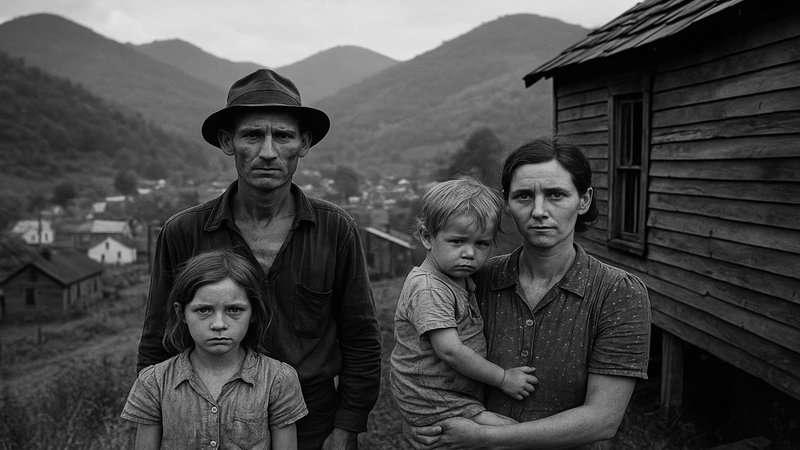6. Underemployment and Low-Wage Jobs

Many Appalachian residents struggle with underemployment, working seasonal, part-time, or minimum-wage jobs with few or no benefits. Job security is a rarity, forcing people to juggle multiple positions just to cover basic needs. The loss of coal and manufacturing industries has deepened this economic struggle, leaving entire communities with limited options. Read about economic shifts in Appalachia.













